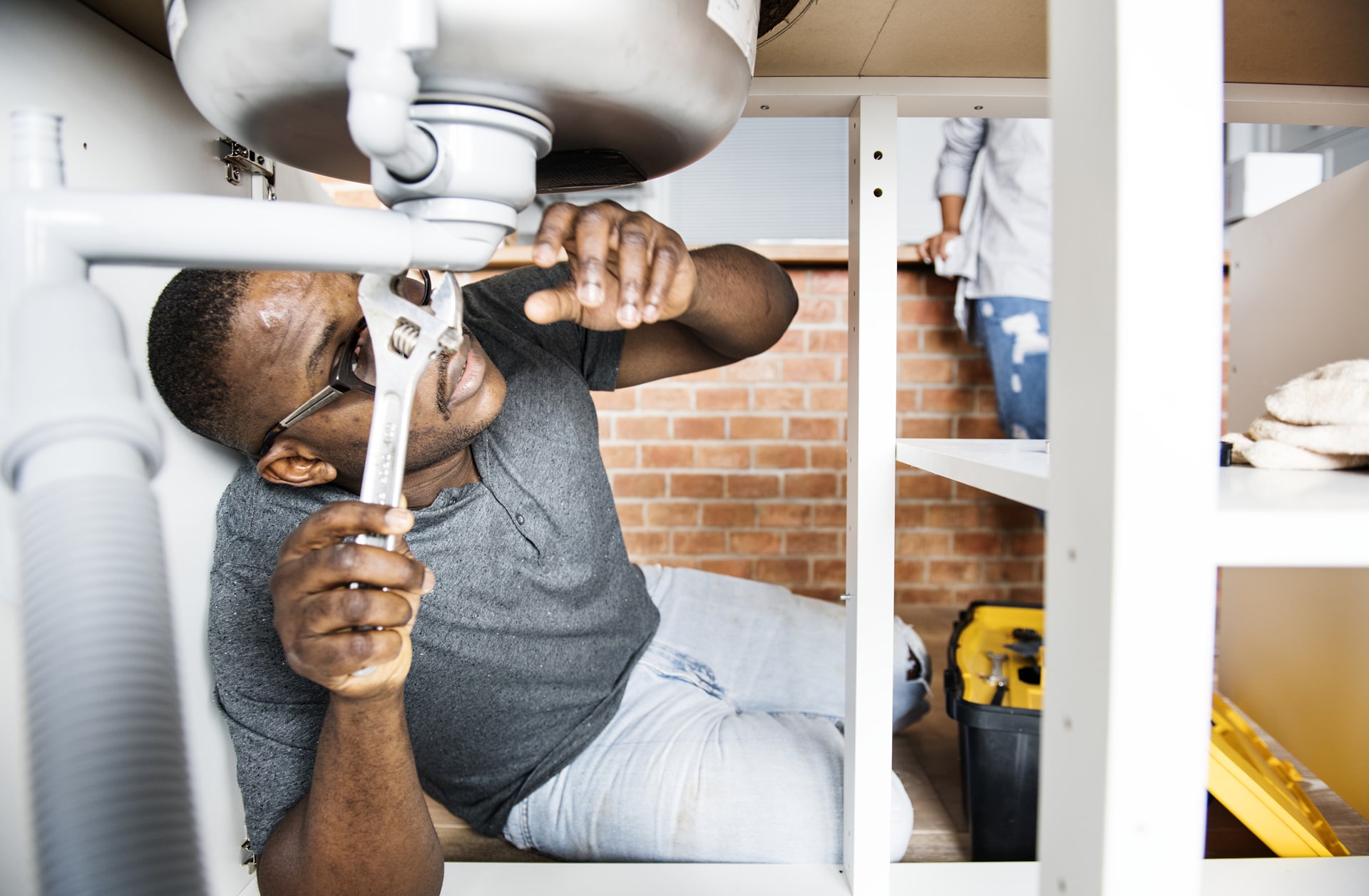Unique Solutions for Compact Area Plumbing Systems

Living in a cozy space often requires being creative with all part of your life, which includes plumbing. If you’re dealing with a little apartment or a small house, water issues can happen just like in larger homes. However, with the right knowledge and tools, even the most common plumbing issues can be resolved efficiently. From knowing how to turn off your water in an urgent situation to understanding when it is time to contact a plumbing professional, this article will lead you through practical and clever answers to maintain your compact area operating smoothly.
In the realm of plumbing, issues like blocked drains or low flow flow rate can be especially frustrating in tight spaces. Residents often ask about the most effective methods to care for their plumbing infrastructure while making the most of their limited area. We’ll discuss proactive measures, care hints, and even periodic lists to make sure that your plumbing stays in excellent condition year-round. By understanding the specifics of compact space waterworks, you will not only be ready for unexpected situations but also be able to make informed choices about possible upgrades and renovations.
Typical Plumbing Issues & Resolutions
One of the most usual plumbing problems householders encounter is a blocked drain. This issue can arise from multiple factors such as fat accumulation, fur accumulation, or non-native objects. To tackle this, it’s important to regularly use a drain cover to catch debris and periodically flush drains with hot water or a mixture of soda bicarbonate and vinegar to prevent buildup. If the clog persists, a plumbing snake or plunger can offer a DIY solution before considering specialist assistance.
Another common issue is low water pressure, which can affect daily routines like showering and washing dishes. The causes of low water pressure can range from a secret leak in the plumbing system to sediment buildup in your faucets and fixtures. Homeowners can check for signs of leaks to resolve any underlying issues and clean aerators and showerheads to restore optimal flow. If the problem continues, consulting a plumber might be required to inspect the main supply line.
In conclusion, homeowners often experience issues related to water heater maintenance. A lack of hot water or odd noises coming from the unit can suggest that it requires attention. Consistent maintenance such as flushing the tank yearly can help prevent sediment buildup and prolong the life of the water heater. Additionally, checking the pressure relief valve and ensuring proper insulation around pipes can significantly enhance efficiency. Understanding these frequent plumbing challenges enables homeowners to take proactive measures, ensuring a more reliable plumbing system.

Upkeep Advice for Homeowners
Routine maintenance is essential to stopping common plumbing problems in your home. Commence by inspecting your water heater each six months, looking for leaks or rust. Ensure to flush it yearly to clear out sediment buildup, which can affect efficiency. Additionally, check the pressure relief valve to ensure it is operating correctly. Maintaining your water heater not only extends its lifespan but also helps avoid costly repairs in the future.
Another important aspect of plumbing maintenance is your drainage system. To avoid clogged drains in advance, be aware of what goes down the sink. Avoid disposing of grease or stringy materials that can lead to blockages. Consider putting in a hair catcher in your shower and maintaining gutters and outside drains on a routine basis. Tackling these small issues promptly can save you from urgent plumbing situations later on.
Finally, seasonal checks can safeguard your plumbing during extreme weather conditions. In winter, take measures to stop your pipes from freezing by insulating them and permitting faucets drip during cold spells. In spring, conduct a comprehensive inspection for any signs of leaks. Keeping https://kilicebsen96.livejournal.com/profile on your plumbing year-round not only saves money but guarantees a smoothly running home environment.
Emergency Readiness and Pipe Improvements
Being prepared for plumbing emergencies can help homeowners not only time but also significant expenses. One key step is to know how to shut off your water in an emergency. Familiarizing yourself with the location of your primary water cut-off valve can help you quickly deal with leaks or burst pipes, minimizing fluid damage. Additionally, consider preparing an emergency plumbing set that includes necessary tools and supplies like tape, a spanner, and a flashlight, making it easier to tackle small issues while you wait for a professional.
Upgrading your plumbing system can also boost your home's resilience against emergencies. For instance, installing new fixtures and pipe materials, such as PEX instead of traditional copper, can provide more flexibility and durability to bursting in freezing weather. Tankless water boilers are another improvement worthy looking into, as they offer not only room savings but also energy efficiency, ensuring that hot water is always on hand without the threat of leaks related with traditional tanks.
Finally, seasonal maintenance holds a crucial role in preventing plumbing issues. Before winter arrives, it’s crucial to insulate your pipes from freezing by insulating them and ensuring that your home is prepared to cope with low temperatures. In try here , perform a thorough inspection as part of your spring plumbing checklist for every homeowner, checking for hidden leaks and clogs that could result in major problems. By focusing on both preparedness and regular upgrades, homeowners can protect their plumbing systems against sudden disasters.
